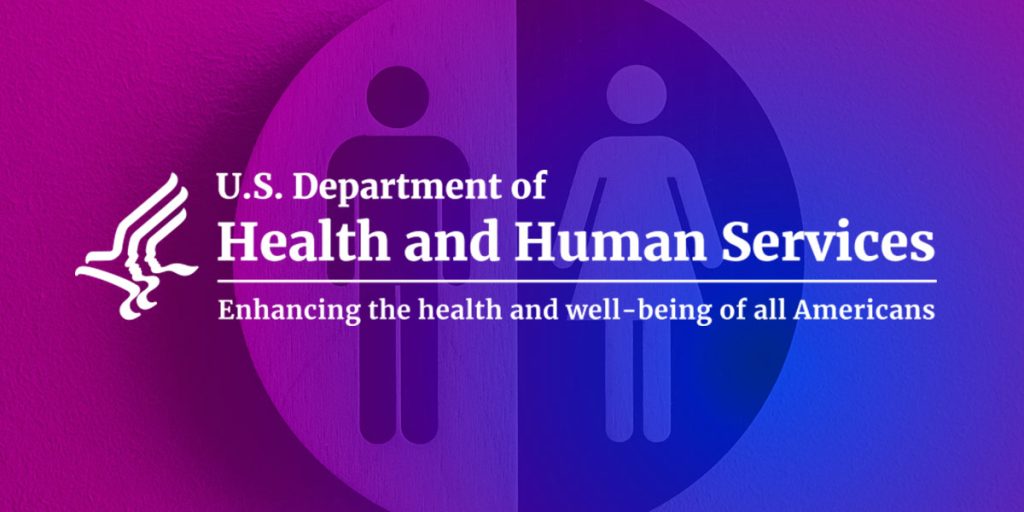
WASHINGTON — Congressman Mo Brooks (R-AL5) announced Tuesday evening his support of a bill that would allow individuals to deduct the amount spent on health insurance from their taxable incomes, potentially saving taxpayers thousands each year.
H.R. 2812, the Tax Free Health Insurance Act, would create a deduction for “premiums for insurance which constitutes medical care.”
According to the Centers for Medicare & Medicaid Services (CMS), in 2013 there were 20.9 million Americans who purchased individual health insurance for themselves and their families, and none of these individuals were able to deduct this cost from their taxes.
Currently almost all businesses are able to deduct their health insurance costs for their portion of the premium paid.
“With the decision of King v. Burwell expected by the end of June, Americans want to see strong leadership from Washington to provide viable, long-term solutions to the healthcare crisis President Obama has hurled at the nation with ObamaCare,” said Rep. Brooks in a press release. “That is why I have voted to repeal this disastrous law numerous times and also why I cosponsored the Tax Free Health Insurance Act, which seeks to address a major inequity in our tax code by creating parity between those who purchase health insurance through their employers and those who buy individual health insurance.”
The cost of health insurance has continued to rise dramatically since the implementation of ObamaCare. Just this year, insurance providers in Alabama are requesting massive increases in the price of individual and small group plans available on the state’s federally-run exchange.
Blue Cross Blue Shield of Alabama is requesting an average of a 28 percent increase for its individual plans, as well as a 73 percent increase for its platinum plan. Small group plans could also increase by nearly 14 percent.
UnitedHealthcare is seeking a 24.5 percent increase for its 2016 rates.
Proponents of the bill say requiring individuals to pay taxes on the income spent purchasing these exorbitantly-priced health insurance plans is only adding insult to injury.
“The Tax Free Health Insurance Act is good, commonsense policy before and after the repeal of ObamaCare,” Brooks explained. “This legislation offers hardworking individuals a tax break on the cost of health insurance premiums, placing extra dollars back in the pockets of taxpayers. This is an important first step in creating a competitive health insurance market, where companies compete for customers similar to the auto insurance market.”
If the Supreme Court rules against ObamaCare in King v. Burwell, it could effectively hobble the entire law. The plaintiffs in the case are challenging IRS rules used to establish a federal insurance exchange (or marketplaces) under ObamaCare, alleging that the federal government and the IRS do not have the authority to extend tax-credit subsidies under federal exchanges because the text of the ACA only provides for subsidies through an “exchange established by the State.”
Individuals were able to purchase individual plans from health insurance providers before ObamaCare, and they presumably would if the federally-run exchanges are dismantled. The Tax Free Health Insurance Act would be applicable either way.
The bill currently has 22 co-sponsors in the U.S. House and has been referred to the Ways and Means Committee.
Like this article? Hate it? Follow me and let me know how you feel on Twitter!
— Elizabeth BeShears (@LizEBeesh) January 21, 2015












